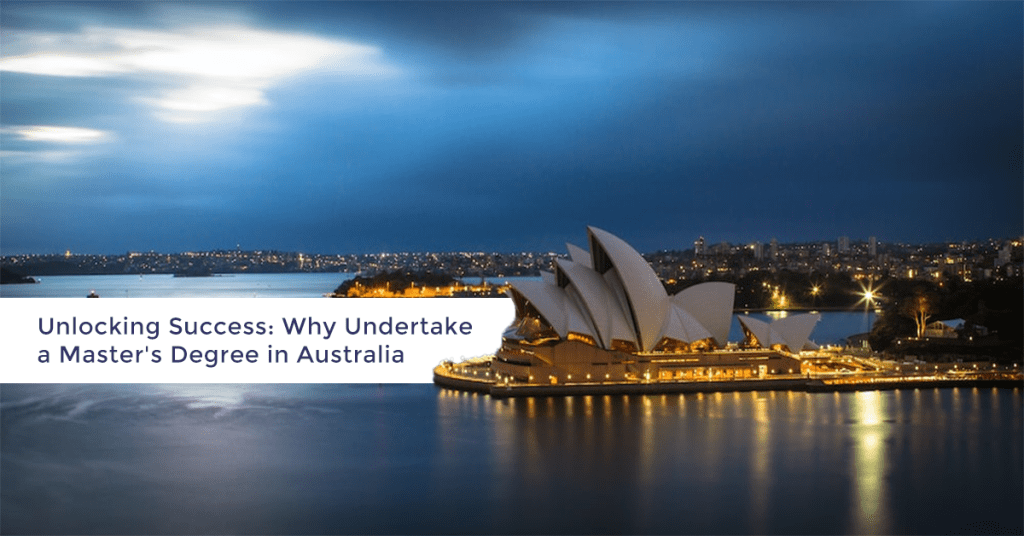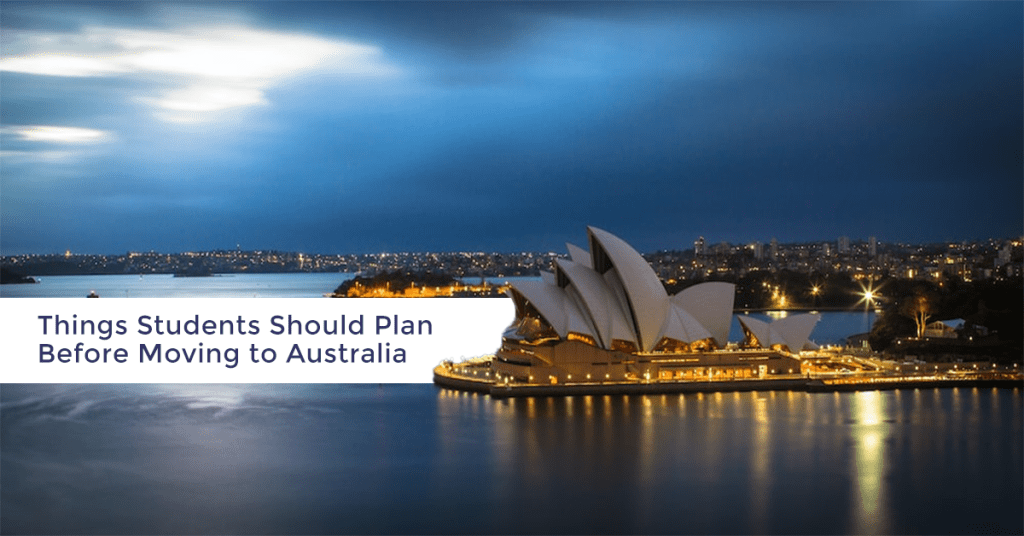The pursuit of higher education has emerged as a crucial step towards obtaining a successful and rewarding career in today’s competitive employment market. Australia has become one of the most popular places for overseas students to pursue a Master’s degree. Australia presents a tempting option for students looking to pursue their education thanks to its top-notch educational system, dynamic multicultural atmosphere, and numerous prospects for professional growth. This blog will explore the factors that make pursuing a Master’s degree in Australia a potentially game-changing choice for your academic and professional development.
High-Quality Education
Australia is well known for having a top-notch educational system. Numerous famous universities in the nation are regularly counted among the best in the world. Australian universities are renowned for their demanding curriculums, cutting-edge research possibilities, and qualified professors. The focus on practical, marketable skills guarantees that graduates possess both the theoretical knowledge and the practical expertise that companies need.
Wide Range of Programs
Australia provides a wide range of Master’s degree programs to accommodate different interests and career objectives, ranging from business and engineering to the arts and sciences. Students can select programs that match their interests and career aspirations thanks to the wide variety of alternatives available. Regardless of your area of interest—technology, medicine, the creative arts, or any other—Australia is certain to have a program that matches your goals.
Research Opportunities
Australia offers a superb environment for those who have a passion for research to investigate and contribute to cutting-edge developments across a range of areas. Numerous universities feature cutting-edge research facilities and partnerships with businesses, which give students the ability to work on creative initiatives that can have an influence on the real world.
Multicultural Experience
An exceptional opportunity to experience a multicultural setting is studying in Australia. The nation draws students from all around the world, fostering an accepting and diverse community. This exposure to many cultures not only improves your personal life but also broadens your outlook on the world, which is crucial in today’s connected society.
Work Opportunities
The ability to work part-time while getting a degree is one of the most alluring features of studying in Australia. During the academic year, international students with student visas are often permitted to work up to 20 hours a week, and during breaks, they can work full-time. Students can do this to increase their income, obtain useful work experience, and develop a professional network that can be very helpful when looking for full-time employment after graduation.
Post-Study Work Visa
With its post-study work visa options, Australia provides a distinctive advantage. International students have the option to apply for a post-study work visa after completing their studies, which enables them to work in Australia for a set period of time, usually between two and four years depending on the degree of study successfully completed. This offers graduates a route to get further job experience and, if they match the requirements, move on to a skilled migration visa.
Quality of Life
Australia routinely has a good quality of life score. The nation offers a favorable environment for concentrated learning and fun leisure time with its beautiful landscapes, energetic cities, and excellent safety standards. Australia offers a well-rounded lifestyle that compliments your academic path, from magnificent beaches to busy urban areas.
Networking Opportunities
You will have access to a huge network of instructors, industry experts, and fellow students when you study in Australia. You can meet professionals in your industry at events, workshops, and lectures that universities frequently hold. The multicultural setting also encourages interactions with classmates from different cultures, maybe resulting in lifelong friendships and professional ties.
English Proficiency and Communication Skills
Studying in Australia offers non-native English speakers an immersive atmosphere to improve their language ability and communication skills. In today’s global employment market, being able to communicate clearly in English is a key ability, and studying in an English-speaking nation speeds up the learning process.
Global Career Prospects
A Master’s degree from Australia is well-known and esteemed all around the world. Your academic achievements may provide you with access to a wide range of foreign professional options. Employers recognize the broad skill set and global perspective that graduates with Australian educations bring to the table.
Finally, earning a Master’s degree in Australia is a choice that has advantages that go beyond the classroom. For international students looking for a life-changing educational experience, the nation’s dedication to academic achievement, wide variety of programs, multicultural environment, and post-graduation prospects make it a tempting choice. Studying in Australia can be the beginning of a prosperous and rewarding future, improving professional opportunities and expanding perspectives.
For any queries contact us:
https://educationtreeglobal.com/contact/

 Menu
Menu

